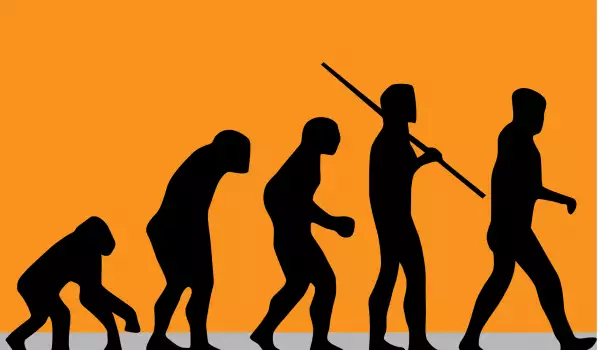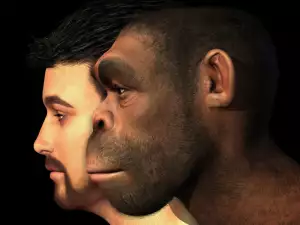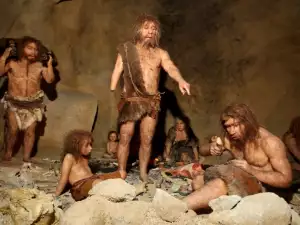It's finally become clear why the human species is so much more aggressive than the majority of its fellow animals. The reason is evolution and not the civilization we're living in.
Compared to other mammals, humans have proven to be highly more aggressive toward their peers. The results from the latest study show that this kind of tendency toward violence is evolutionarily justified. It is evolution that has made humans cruel and aggressive.
Anthropologists have been searching for the causes of aggression in people for the past 3 centuries. The theories that explain this fact are divided into 2 main camps.
The first theory comes from French Enlightenment thinker Jean-Jacques Rousseau. According to him, man did not differ much from animals in terms of aggression up until the point our civilization became what we're familiar with today. Man lived in harmony with nature and his surroundings. Rousseau's followers believe that the reasons for all conflicts and violence can be traced to civilization and personal property.
The followers of Thomas Hobbes take on the exact opposite view. They say that in his natural state, man lives following the idea of every man for himself - for evolutionary reasons. The emergence of countries and civilizations has been the factor that's reduced the amount of conflicts in societies.

A recent study provides an answer as to which of the two theories is correct. Prof. Marcos Méndez, along with his colleagues from the University of Madrid, have come up with a unique mathematical way with which to test each of these theories. To do so, they've used the evolutionary biological approach and the basics in Darwin's teachings.
If Hobbes's theory turns out to be correct, the tendency for violence in humans should have been the same in the past as it is today. This should also have been the case for our common ancestors with chimpanzees, humanlike primates and other mammals to a lesser extent. But, if no such tendency is present, then that makes the followers of Rousseau's theory right.
To see if any kind of tendency does exist, scientists have analyzed 137 death cases of mammals and over 4 million death cases of various animals and prehistoric people. They've tried to determine the mortality rate resulting from intraspecific aggression and compared it to that in other species.
The results point to an interesting trend - in mammals, barely 0.3% of kills are committed by members of their own species. In prehistoric times, the percentage was higher - 2%. Which is over 6 times the norm.
After the emergence of civilization, the percentage of death as a result of violence drastically increased. During the Iron Age and late Antiquity, it reached 30%. Scientists theorize that this has to do with the shift from living in natural settings to living in societies. The mortality rates there are generally lower than in primates and in prehistoric peoples.
Méndez and his colleagues are convinced - the tendency toward violence in humans is evolutionarily justified. In primates it is determined by very different conditions. The levels of violence in them is directly proportional to the size of the groups they are living in and how actively they defend their territories. This means that societies, such as human society, despite their predisposition toward violence, have much greater chances for survival and development. In reality though, the bottom line is that proportionally with evolution, the cruelty in each of us rises as well.












